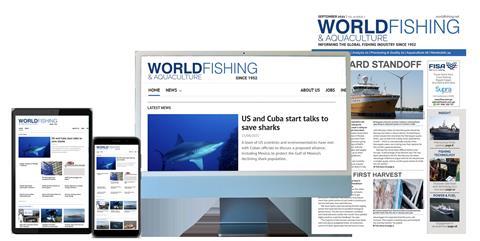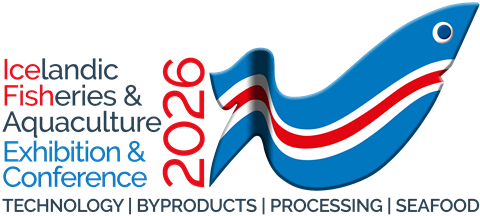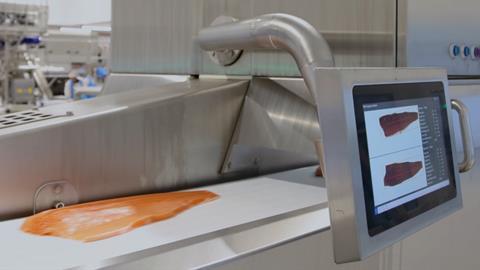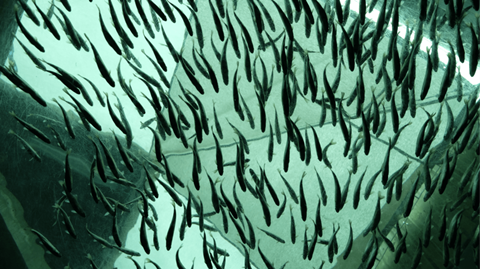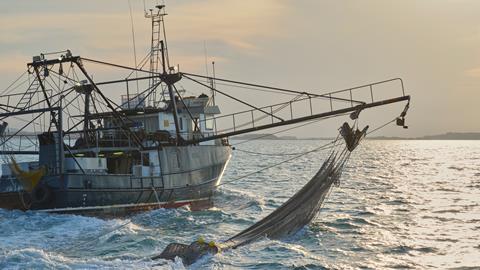Analysis – Page 6
-
 News
NewsMaximising omega-3 fatty acid availability
Aquaculture can play a key role in ensuring the availability of essential fatty acids known to have health benefits
-
 News
NewsReport: Tuna vessels using forced labour hiding behind eco-label
Marine Stewardship Council deemed to be failing to identify violations in the fisheries it certifies
-
 News
NewsRabobank: China could soon become a $29bn seafood import market
Growth being fuelled by the country’s economic prosperity, large population and high seafood demand, advises new report
-
 News
NewsAsian and US sales boost Scottish salmon exports
UK’s largest food export generated GBP 431 million in value between January and June 2024
-
 News
NewsValue over volume – new consumption trends in China offer opportunities
Chinese consumers have a positive perception of seafood and the demand for premium products is increasing, finds new Rabobank report
-
 News
NewsSolutions suggested to boost Caribbean fisheries and aquaculture
Recommendations on how the region can support local economies and livelihoods feature in a new study
-
 News
NewsEC: Technical measures boosting fisheries sustainability
Five years of EU management plan begin to bear fruit
-
 News
NewsEU aquaculture lags behind fisheries production
Eurostat analysis determines that the wild catch remains the main source of aquatic foods in the EU
-
 News
NewsWeakened krone boosts Norwegian exports
Country’s overseas seafood sales total NOK 13 billion for month of July
-
 News
NewsIs sustainability losing value with seafood consumers?
New global survey from the Aquaculture Stewardship Council finds retail buying habits and purchasing drivers have changed, while product knowledge is still lacking
-
 News
NewsUK seafood consumption – fallen 30% since pandemic
Food category not recruiting enough new consumers, finds new Seafish report
-
 News
NewsEU commercial catches continue to decline, but value increases
Fleet caught approximately 3.4 million tonnes of fish and shellfish in 2022, worth an estimated €6.2 billion
-
 News
NewsJapanese seafood imports exceed domestic production
Country’s self-sufficiency rate for edible seafood estimated at around 56%, down from 114% 60 years ago
-
 News
NewsCITES: Shark, ray trade reporting ‘inconsistent’
Data mismatches are causing problems for the conservation of these vulnerable species, says new study
-
 News
NewsReport: Aquaculture’s challenging conditions starting to ease
Rabobank says global industry is experiencing a few positive trends, with demand for salmon and shrimp starting to improve
-

-
 News
NewsFAO: Climate change putting fish biomass at risk
There’ll be steep falls in stock numbers by the end of the century under a high-emissions scenario, advises new report
-
 News
NewsNSC: ‘Snackification’ and innovation transforming the seafood market
Rising demand for high protein, healthy, on-the-go foods is leading to more seafood snacks, says the Norwegian Seafood Council
-
 News
NewsGSA: Seafood safety a top concern for Japanese consumers
Environmental sustainability ranks second in Global Seafood Alliance survey
-
 News
NewsLogistics experts reveal hidden carbon costs in seafood distribution
By switching its plastic box manufacturing to the UK, Palletower expects to dramatically reduce its emissions

